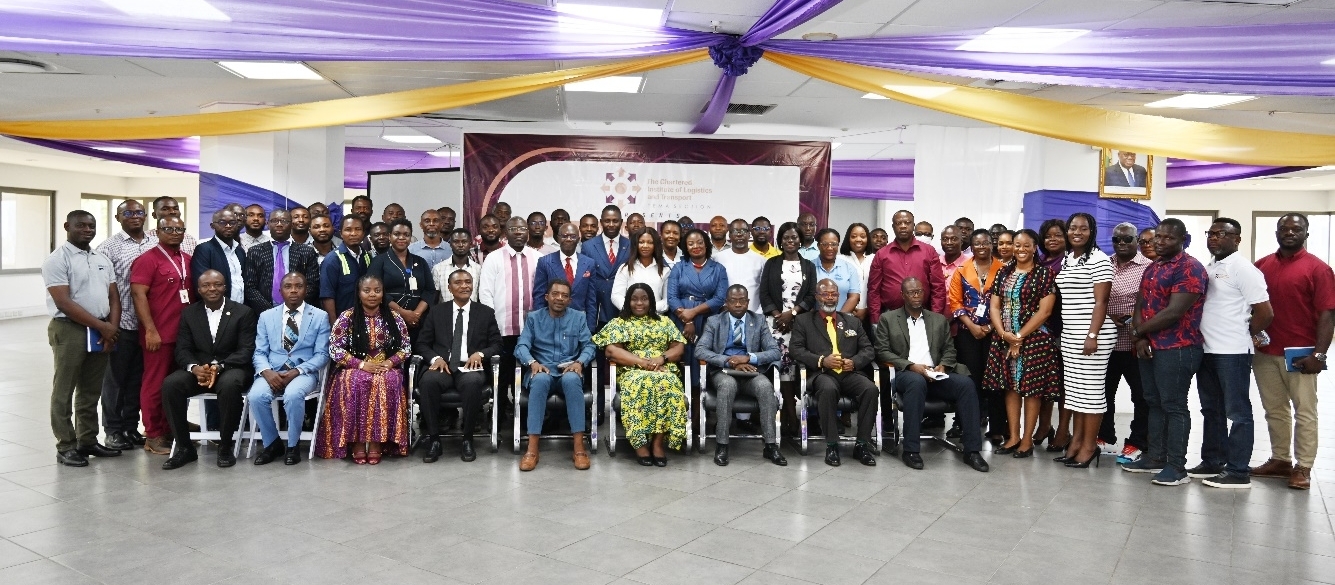
Wa — The National Commission for Civic Education (NCCE) has held a forum for a number of stakeholders in the Upper West Region on their roles and that of government towards curbing corruption and land degradation in Ghana.
It formed part of the NCCE's Accountability, Rule of Law and Anti-Corruption Programme (ARAP) agreement which was signed between the Government of Ghana and the European Union in May, 2019.
The meeting was to sensitise the stakeholders on the canker of corruption and its infringement against the enjoyment of fundamental human rights, particularly by the poor and vulnerable in society.
Participants were drawn from the various political parties, women groups, professional bodies, dressmakers and weavers' associations, association of persons living with disability, non-governmental organisations.
In a communiqué, they called for an end to practices that were inimical to the exercise of one's fundamental human rights.
Among others, they called on government, Metropolitan, Municipal and District Assemblies (MMDAs) to recognise human rights and environmental sustainability, and asked civil societies to strengthen their efforts at building solidarity and coorperation at the local and national levels to protect and defend the national purse as well as the environment.
Setting the tone for the draft of the communique, the Deputor Regional Director at the Commisson on Human Rights and Administrative Justice, CHRAG, Mr John Ziem, said the protection of human rights, which were natural entitlements of every individual, was enshrined in Chapter 5, Articles 12 to 32 of the constitution.
"If a judge for instance, accepts bribe from the endowed before court proceedings, whether the person is guilty or not, the gift could cloud the judgement of the Judge and it will affect the result of the case. In the end, whether the other party who could not offer any gift is innocent or not, they end up paying for the crime. Why would someone offer a gift ahead of a trial if they are innocent?" he asked.
For her part, the Regional Director for the Commission, Madam Patience Sally Kumah, hinted that ARAP was targeted at the promotion of good governance and support for national reform intended to enhance accounatabilityand strengthen anti-corruption efforts across the country.
"The main objective of ARAP is to work alongside relevant government institutions and other strategic national stakeholders to reduce corruption and improve accounatbaility as well as respect for the legal structures already in place to fight the canker," the Director stated.
Read Full Story






















Facebook
Twitter
Pinterest
Instagram
Google+
YouTube
LinkedIn
RSS